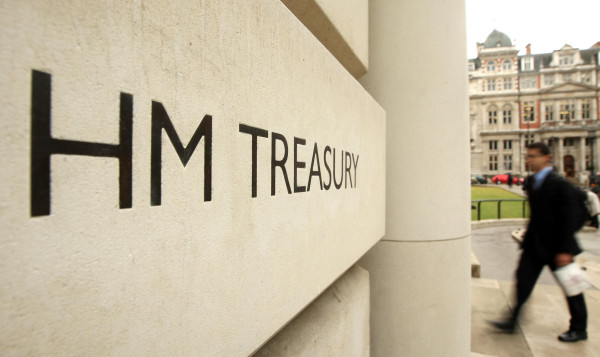

Q: Is it fair for the government to change the tapered annual allowance rules just for the National Health Service?
A: One of the unforeseen consequences of the tapering rules is the far-reaching effects for all of those in public sector defined benefit schemes.
We have seen many articles recently regarding surgeons and clinicians refusing to take on extra hours and shifts to reduce the impact of the tax bills being triggered, and it is understandable that the NHS – already under considerable pressure – has lobbied the government for change.
A joint statement from the Treasury and the Department of Health and Social Care over the summer announced that further consultations on the rules of the NHS Pension Scheme will soon be published.
Starting from the next financial year, the government wants to allow doctors to set their level of pension accruals themselves at the start of each year.
Following this rule change, senior clinicians would be able to set any percentage for contributions and accrual rate, in 10 per cent increments, depending upon their financial situation.
Employers will then have the option to recycle their unused contribution back into the doctor’s salary.
Recognising that around a third of NHS consultants and GP practice partners have earnings from the NHS that could potentially lead to them being affected by the TAA, the Treasury is to look at reviewing how the allowance supports the delivery of public services such as the NHS.
The government will continue to engage with the NHS, the British Medical Association and other stakeholders as part of this process.
It emerged in December that the number of members leaving the NHS Pension Scheme was five times higher than that seen by other public pension funds, most likely as a result of the taper.
Introduced in 2016, the TAA gradually reduces the allowance for those on high incomes, meaning they are more likely to suffer an annual tax charge on contributions and a lifetime allowance tax charge on their benefits.
The taper means that for every £2 of adjusted income above £150,000 a year, £1 of annual allowance will be lost.
To make one rule only for the NHS though could certainly be deemed discriminatory, and the firefighters’ and judges’ pension schemes are already adding to the chorus of those asking for change. Given these considerations, surely only the complete removal of tapering would be fair.
Keeley Paddon is head of pensions technical at SimplyBiz Group



